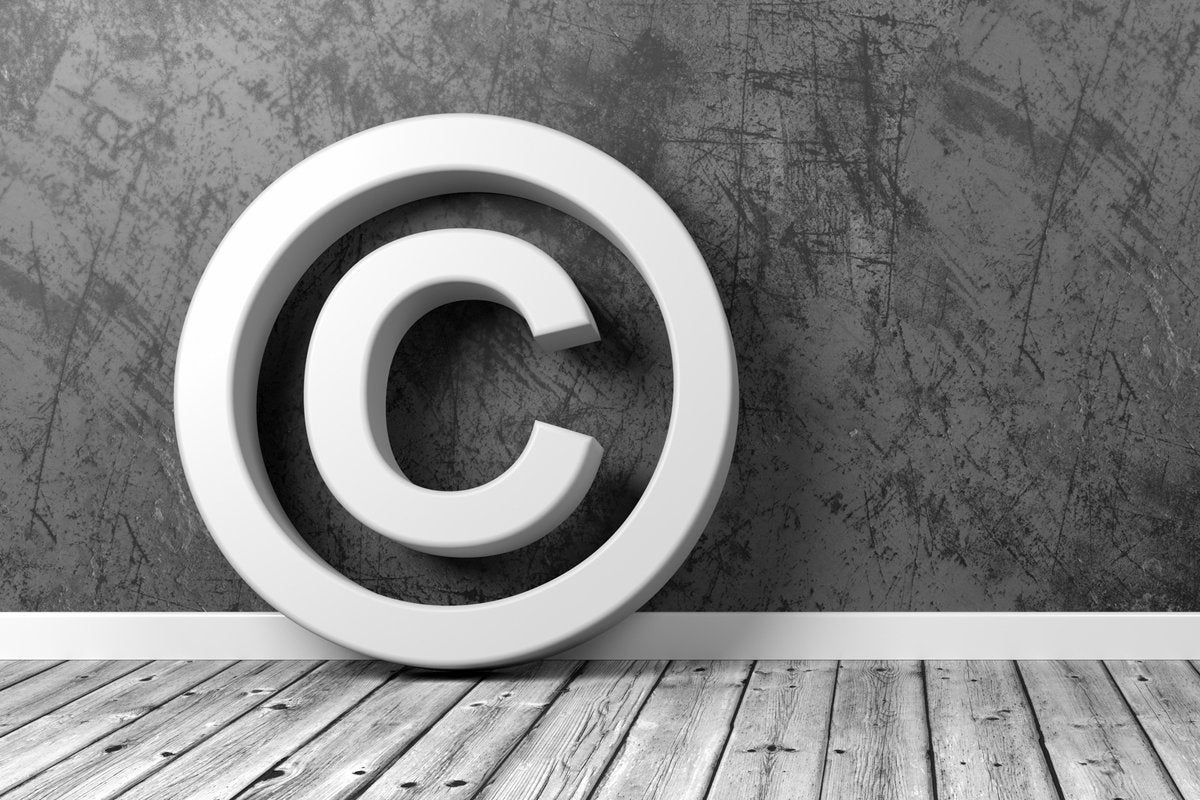Amanda Reid, professor at the UNC School of Media and Journalism, spoke at a luncheon Friday about copyright policy. Reid specializes in copyright law and the intersection between copyright and the First Amendment. Before clerking for two federal judges, she labored for media law organization Holland & Knight. Reid stated U.S. Copyright regulation protects a unique work of authorship constant in a tangible medium of expression. She believes it serves the purpose of promoting the development of technology.
“Copyright is an instrumental tool. It’s a device to attain a purpose,” Reid stated. Reid stated that when a work is granted copyright, the author of that painting possesses one-of-a-kind rights. In this manner, different people can’t reproduce the work or make a derivative of it, including developing a translation or making a book into a movie. Granting distinct rights pushes humans to create.
“Exclusive rights are granted to incentivize, sell the production and public dissemination of innovative works,” Reid stated. Copyright offers a writer the license to their creative works. The endgame of copyright is to generate extra innovative practices that may be dispensed. However, each can see copyright as a beautiful and terrible mild. It creates winners and losers in the marketplace, Reid said. “It additionally has the strength to foster new commercial enterprise, but it may additionally be used to thwart it,” Reid said.

Sony and Google are two corporations that have experienced the hardships of copyright. Both groups disputed for nearly a decade to see if their generation could be in the marketplace. Reid said the Supreme Court looked at Sony’s Betamax and determined there were non-infringing and infringing usages; however, there were greater excellent uses for the generation, so the court allowed it. The decision was later overruled via another choice concerning a comparable state of affairs with Grokster, a website for downloading tunes and movies.
Copyright is straightforward to gather and lasts until the author dies, plus 70 years; that is how copyright locks out the opposition. This is particularly hard for startups that fear destructive, unlucky proceedings as most startups are developing more significant improvements, Reid said. “Startups are a big driver of innovation,” Reid stated. Reid said she desires to recalibrate copyright policy and has three steps to accomplish that. First, she wants to lessen uncertainty and encourage innovation by putting off statutory damages for innocent infringers and proper religious customers. “We need to protect expression and innovation by reducing the sit back of uncertainty,” Reid stated.
Reid also desires to reinvigorate the Sony decision for non-infringing purposes. She wants the courts to see that generation can be used for excellence because as soon as it’s far off the market, it will never return. Lastly, Reid desires to readjust accurate use evaluation. Good faith and truthful customers are covered through slender policies, and Reid hopes to alternate that. “Fair use evaluation ought to protect more vast makes use of, and they have to most effective forestall uses that undermine the incentive to create,” Reid said. Reid wants copyright to do what it was created for: encourage technological know-how progress. “I urge that courts and coverage makers ought to err on embracing the new generation rather than curbing it,” she stated.





